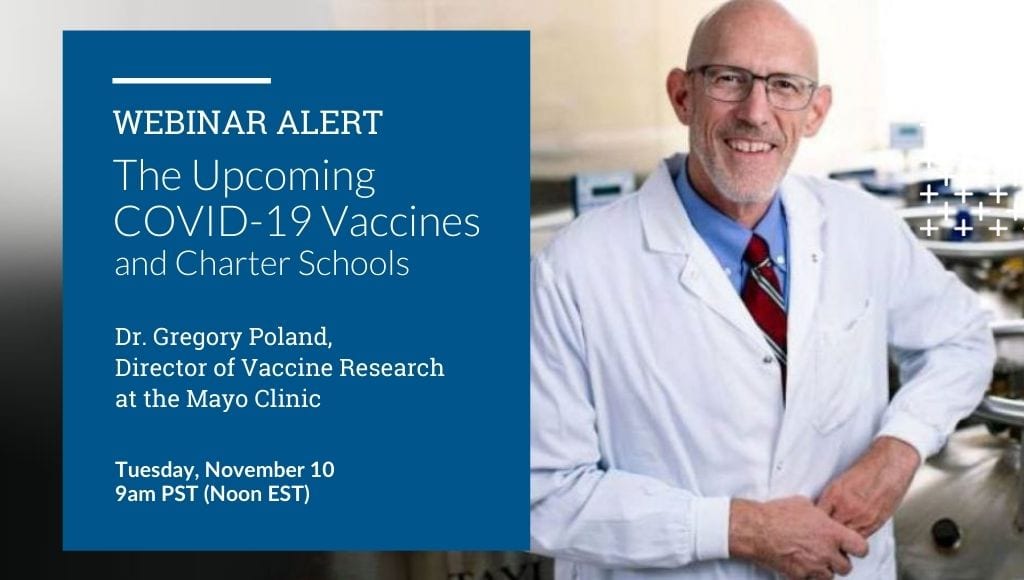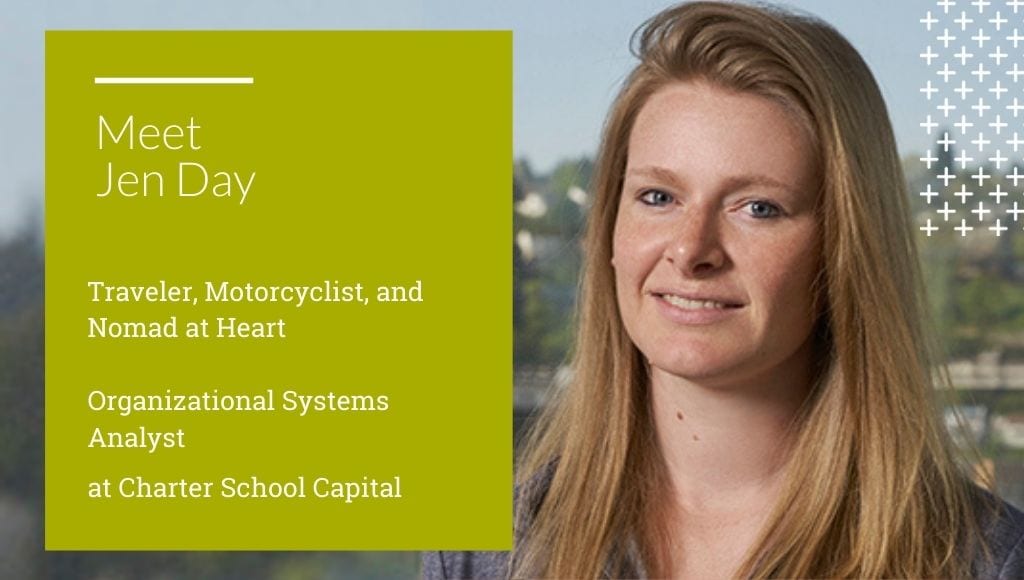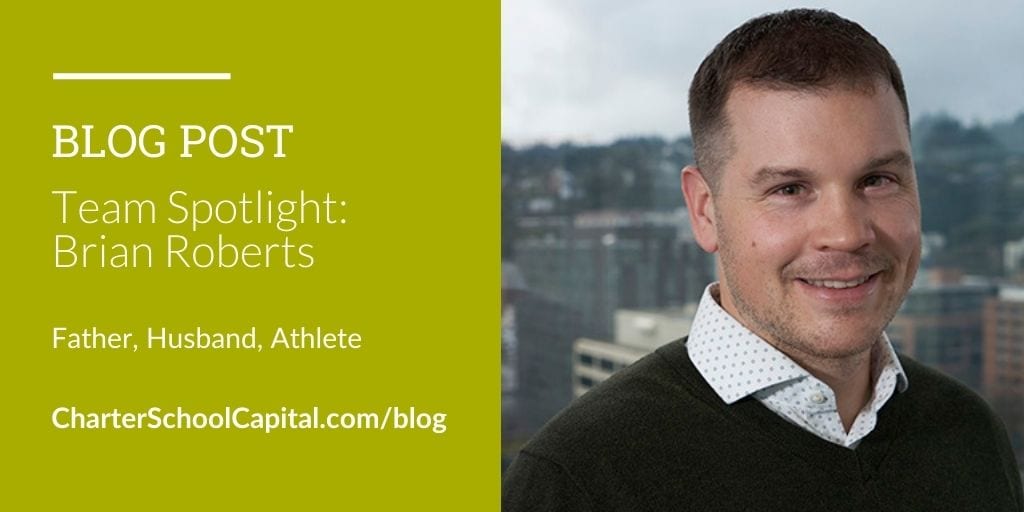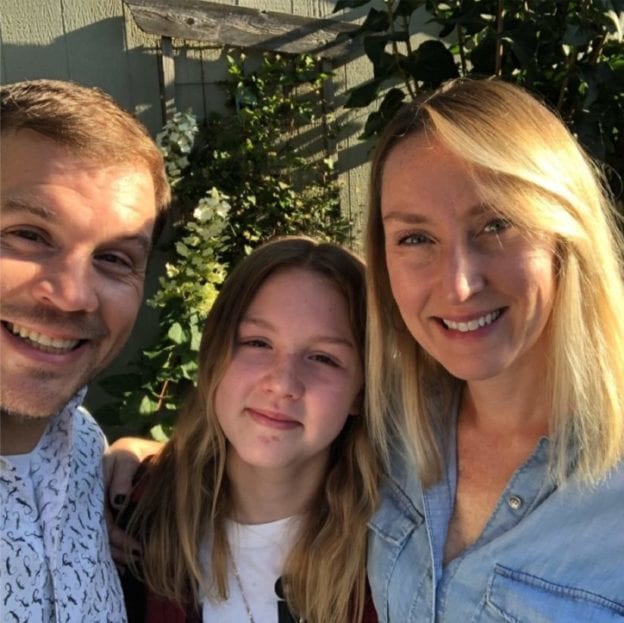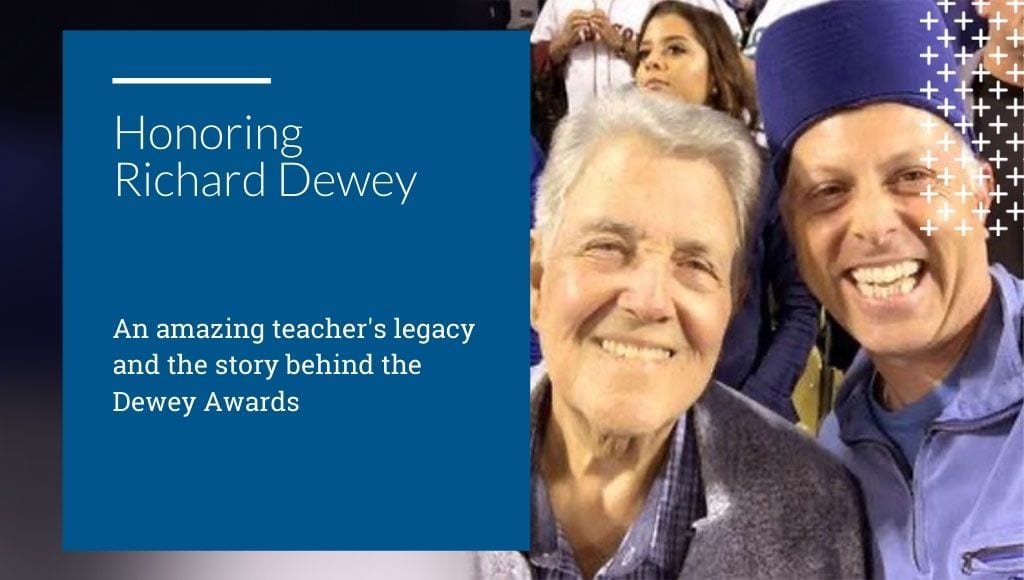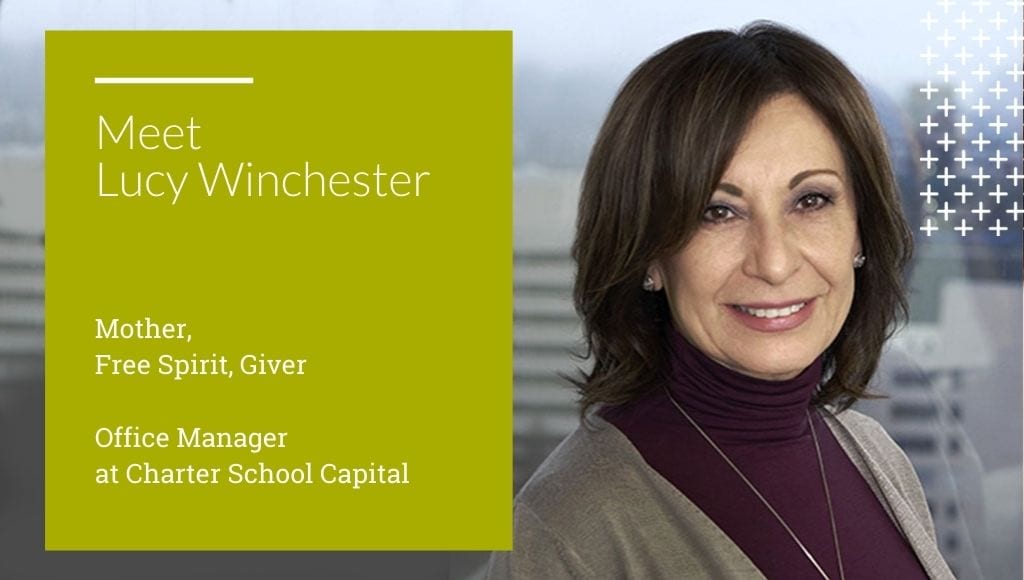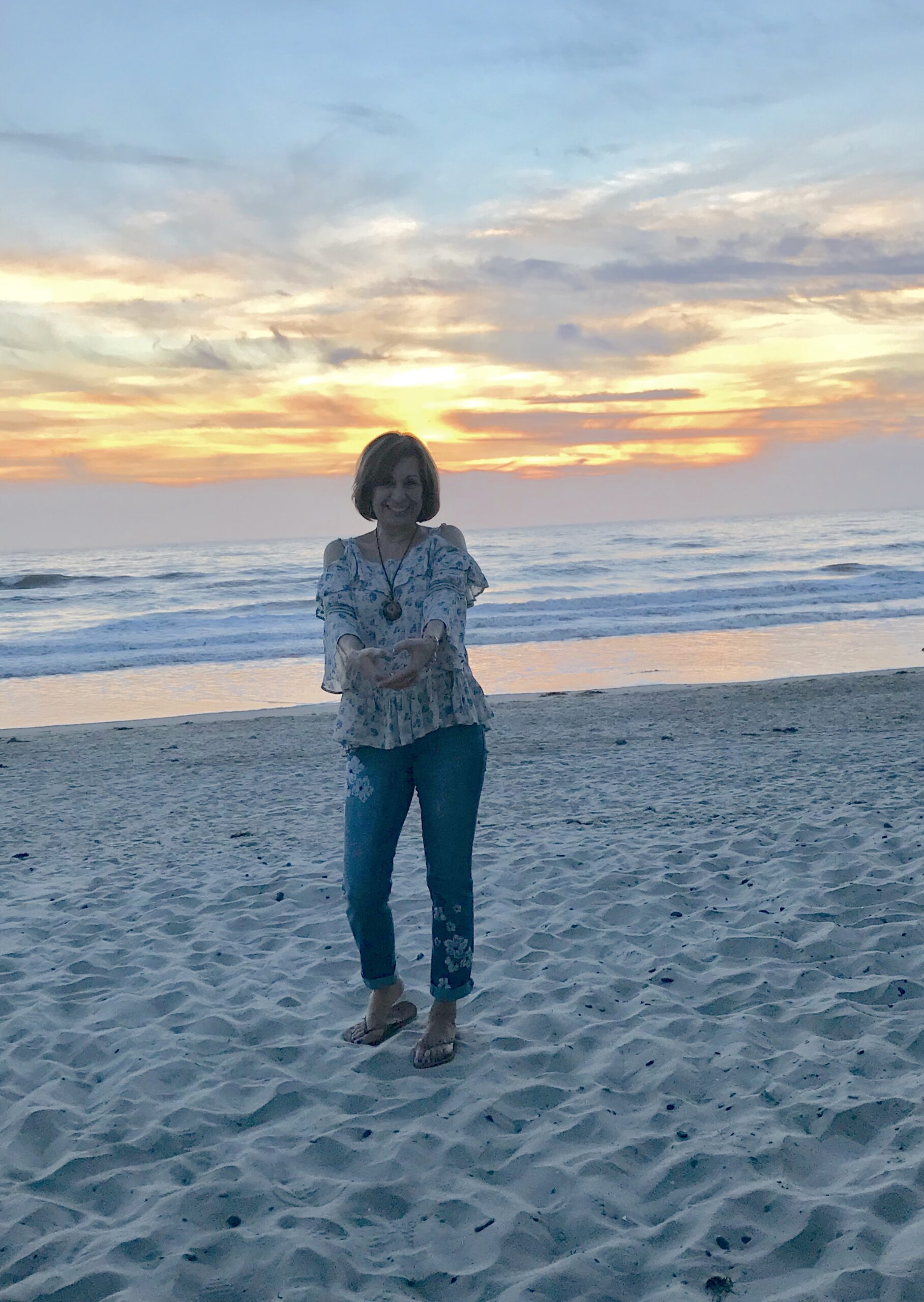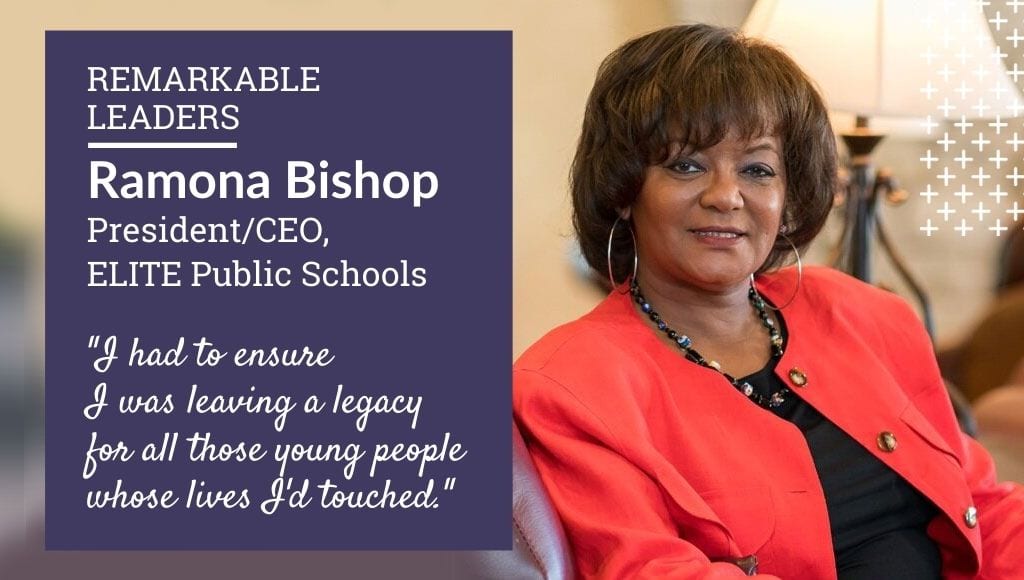
Dr. Ramona Bishop was just eight years old when the wave of school integration swept her up and deposited her in Commodore Sloat Elementary School. Unbeknownst to her, she had been selected, together with other high-grades students in her classroom. For Ramona, this was not a comfortable move. She had come from a highly-protective, nurturing family and a very supportive school environment into a hostile, unwelcoming new turf where she was seen as an interloper. This left a profound impression in Ramona – an impression that would later give her a purpose, and define her life’s work.
It was at that point that I realized there are children in our systems that are treated differently just by virtue of the zip code from where they live, or by virtue of the language that their parents speak, or by virtue of the country of their birth, or by virtue of the special abilities that they have, that there are ways that we treat people that cause them not to feel safe, not to feel comfortable in our own system.
And this is no one’s fault, it’s just the way things have been, because it’s very hard to do something that you’ve never seen done. So my whole career has been dedicated to showing people that young people, when you give them the opportunity, you give them quality teachers, quality instruction, they can do very much whatever they want to do in their lives.
A Guiding Purpose
Ramona decided she’d become an educator. And not just any educator – the kind of educator who loves her students, who believes in her students, who holds high expectations for her students. And who creates the kind of environment where students can rise to meet those high expectations. This set Ramona on a path that spanned many years as a public-school teacher, principal, assistant superintendent, superintendent, and finally to her own ambitious dream – a school of her own making.
I had to ensure I was leaving a legacy for all those young people whose lives I’ve touched over time – and a legacy for my own children. And what better way to create a sustainable legacy than to have your own school?
Once the vision for a charter school coalesced in Ramona’s mind, ELITE was born almost overnight. Ramona joined forces with two other remarkable leaders – Dr. Alana Shackelford and Bel Reyes – and they set things in motion. It was a bumpy road, but Ramona had experience with that. Soon they had the backing of their community, and enrollment got started at a whirlwind pace. As the leaders shared their vision with the families in the community, they found advocates and champions – people willing to amplify their signal. In Ramona’s view, this is essential to a school’s success – community members who are willing to advocate for the school at the Capitol, at the county board, in the local community.
Video – Watch Ramona describe her remarkable journey
An Ambitious Mission
The three charter school leaders defined an ambitious mission for their school. ELITE serves underserved youth – some formerly homeless, some who fell out of the school cycle due to pregnancies, some who work fulltime, or left school to work. And ELITE is true to its name – it offers a full Spanish-immersion program and a rigorous STEM program that includes coding and robotics.
The Spanish-immersion program stems from a deep respect for the local community, and the history of the city of Vallejo. But even further, an understanding that California is a historically Spanish-language region; a region that is distinctly bilingual. Graduating with those two languages gives ELITE Seniors a competitive edge in the marketplace, and also a better cultural grounding and connection to their place of origin.
The STEM program at ELITE
Bilingual graduates is a lofty goal – but ELITE’s leaders aim higher: They want students to graduate TRILINGUAL: English, Spanish and Coding. That’s where the STEM program comes in.
Deeply cognizant of the hiring requirements of the Amazons, the Facebooks, the Googles of today’s age, Ramona wants to prepare her students in such a way that they’ll be highly desirable candidates at any tech company. The school has a partnership with the University of California at Davis, and educators from the University are training ELITE’s teachers.
Our young people are digital natives, so they can very naturally learn how to code at those ages,” says Ramona. “They will be programmers and they’ll be able to just jump right in and go into those amazing jobs. If you’ve never visited one of those tech giants, when you go there, you’ll want to learn to do the technology just so you can participate in this beautiful environment that they’ve created for their workers.
That’s what we want for our young people. We want them to be able to go right in and plug in and be engineers and travel the world, and create, and live the lives that they’re destined to live, because they’re so bright.
It’s unusual for a charter school to open with over four hundred students. And when a school does that, the question is, will it be able to maintain its momentum. This question becomes ever so poignant in the face of a pandemic.
Distance Learning Plus
ELITE launched into its distance learning approach in May of 2020. It was a process of trial and error, and error, and error. Much was learned, and quickly. And a lot of the learning came through parent feedback. A key piece of advice here, for charter leaders: listening to parent feedback is key. By being able to incorporate parent feedback, being able to interpret it constructively and use it to advance the distance learning program to higher levels of quality, ELITE was able to truly meet the virtual learning challenge.
One of the learnings was the extent to which parents felt they were being forced to take on the role of teachers at home. This was especially challenging in the dual-immersion program, since many parents who selected the immersion program for their kids do not speak Spanish themselves. So teachers need to be VERY present, very participatory. ELITE teachers spend upwards of five hours per day with their students, engaging them in small learning groups.
Another learning is that Zoom is not the challenge, the level of engagement and competence of the teacher, combined with the quality of the teaching material, is the real key to success. ELITE also offers tutoring after the day is over, for those young people who need additional time. Yet another learning is that teachers need a lot of support themselves. Planning distance-learning classes can be grueling.
Add to this the technical proficiency needed to ensure everyone is connected, everyone is assessed and everyone is doing what they’re supposed to be doing. All these processes, as well as the management of asynchronous learning, is a lot of work for teachers.
Ramona is quick to emphasize that the Distance Learning Plus program at ELITE is not perfect – little imperfections creep in every day, and it leads to constant improvement.
Communication Is Key
At the end of the day, really, all of this is about relationships and communication. And the more we communicate, even when we’re having difficulty, our families have responded very well to that. Our school was built on parental leadership and we committed in our petition to continue to listen to and talk to parents.
At ELITE, Dr. Shackelford runs parent-input sessions every week, where parents can talk about any concerns, and offer suggestions. The school has also introduced parent leadership groups, with structured ways for providing input – sustainable, constructive input that bolsters the school’s educational plans beyond distance learning time. Ramona also makes herself available to parents via text – in fact her phone goes off several times during the interview.
Ramona is quick to recognize ELITE’s teachers. It is the teachers, she points out, who are doing the daily work to give these students and their families the very best, every single day. It is teachers looking for extra resources, finding out what each student needs, and finding ways to meet those needs. She also has words of praise for the secretaries, the classified staff, doing student intakes, receiving families, helping with internet connections, and ensuring all the critical components stay in place.
Education is transparent now, life never before. Parents can see into your classroom every single day. So they know exactly what is happening. And we’re getting a lot of positive feedback about the real commitment of our staff toward making sure that students are successful.
Video – Watch Ramona describe her remarkable journey
Growing In The Face of Deferrals (and Pandemic!)
ELITE opened strong, and continued to enroll. However, charter schools in California face the added challenge of deferrals – of not being compensated toward the new students. But they continued to do recruitment, continued to build relationships with families, and talk them through all the COVID-19 issues. And because of that, the school continues to grow. ELITE has over 480 students currently – a 20% year-over-year growth. For a charter school facing state deferrals AND a pandemic, that is truly remarkable.
The pandemic has affected families in many ways beyond the immediate health risks. The whole community is reeling from closed business and downsized jobs, and many families have been forced to relocate, to move in with relatives, to move out of California. ELITE works closely with the families who are staying in the community as they work through adjustments in housing and work situations.
Financial Planning
The beginning of any venture is always bumpy when it comes to finances. This becomes even more challenging when state funding is delayed.
I had identified through our budget team that we had a million-dollar problem, that throughout the year we were going to need about a million dollars in advance money to make sure that this school functioned. That’s what led me to meet with the Charter School Capital – your team understands how California funding works. When people ask me how I’ve been dealing with the deferrals, I tell them I’ve been meeting with our Charter School Capital team for the last over a year. And so our team and the Charter School Capital teams are connected. So when it came to the deferrals it wasn’t a question of whether – it was a question of how.
This partnership allowed Ramona to work through California deferrals without compromising the quality of education, without having to limit programs nor cut corners.
A Light in the Darkness
This year is proving historically challenging on many fronts. For Ramona, who experienced the effects of racism and divisiveness at the young age of eight, this makes her mission all the more important.
We have our young people starting at four years old, studying freedom and democracy. They are studying protesting. What does it look like to protest? Why do people protest? What happens at the end of the protest? Not about anyone’s political agenda, but about their own thoughts, dreams, ideas, histories, families.
For Ramona, this is a time of intense opportunity. Opportunity for innovation, for new paradigms. How can she be the best leader, at this time of trepidation? She knows there must always be a light in the darkness – and she sees it as her life’s purpose to keep that light on for her students.
Video – Watch Ramona describe her remarkable journey
